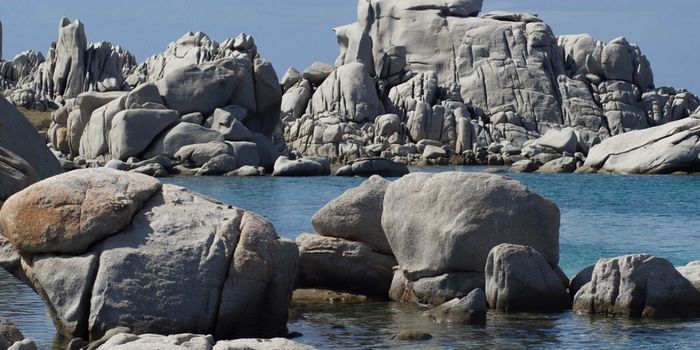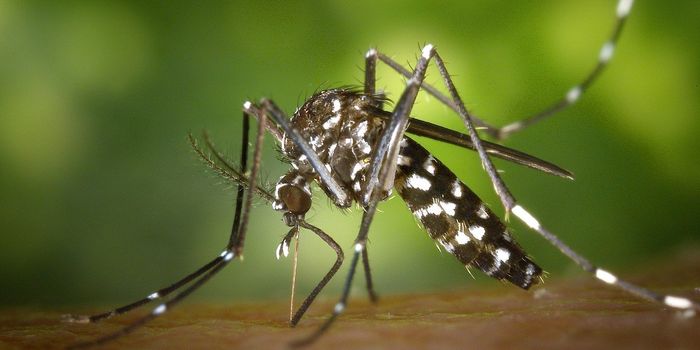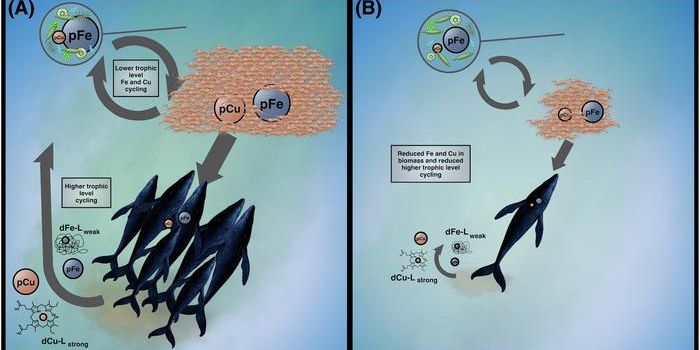Botswana Nixes Elephant Hunting Ban
In what would appear to be an exceedingly-controversial decision, Botswana’s Ministry of Environment, Natural Resources Conservation and Tourism announced Wednesday that the nation’s government would lift an existing ban on elephant hunting.
Image Credit: Pixabay
According to the Ministry, the number of wild elephants in Botswana has nearly tripled in the last 30 years or so, resulting in an unmanageable amount of conflicts between humans and elephants and an uptick in the number of challenges faced by farmers.
“The Government of Botswana has taken a decision to lift the hunting suspension,” the Ministry said. “Since its imposition, the hunting suspension has become a topical subject in the country … The general consensus from those consulted was that the hunting ban should be lifted.”
Related: Here's what makes an elephant's trunk so amazing
The Ministry justified its decision by elucidating that elephants are primarily responsible for trampling farmers’ crops and that the hunting ban allowed the number of livestock-attacking predators to increase, both of which tend to have an adverse impact on farmers’ livelihoods.
Those problems aside, there are two sides to every story. Elephants have long been victimized by hunters and animal poachers alike, namely because their valuable ivory tusks can generate significant revenue on the black market. That said, many conservationists would argue that the ban’s end puts a new target on Botswana’s elephants and opens the floodgates for the ivory trade.
Botswana sports one of (if not the) largest elephant populations in the world, and this is mostly because elephants can thrive there without hunters plinking at them. On the other hand, conservationists now fear that the lift on the hunting ban could drive those numbers down significantly.
Elephant populations continue to dwindle in other parts of Africa besides Botswana, and so it’s particularly heartbreaking to see one of the animals’ protected areas become an active hunting zone. It remains to be seen how elephant hunting will be regulated, if at all, and what it might spell out for local elephant populations in the long-term.
Source: Ministry of Environment, National Resources Conservation and Tourism, UPI, Phys.org









